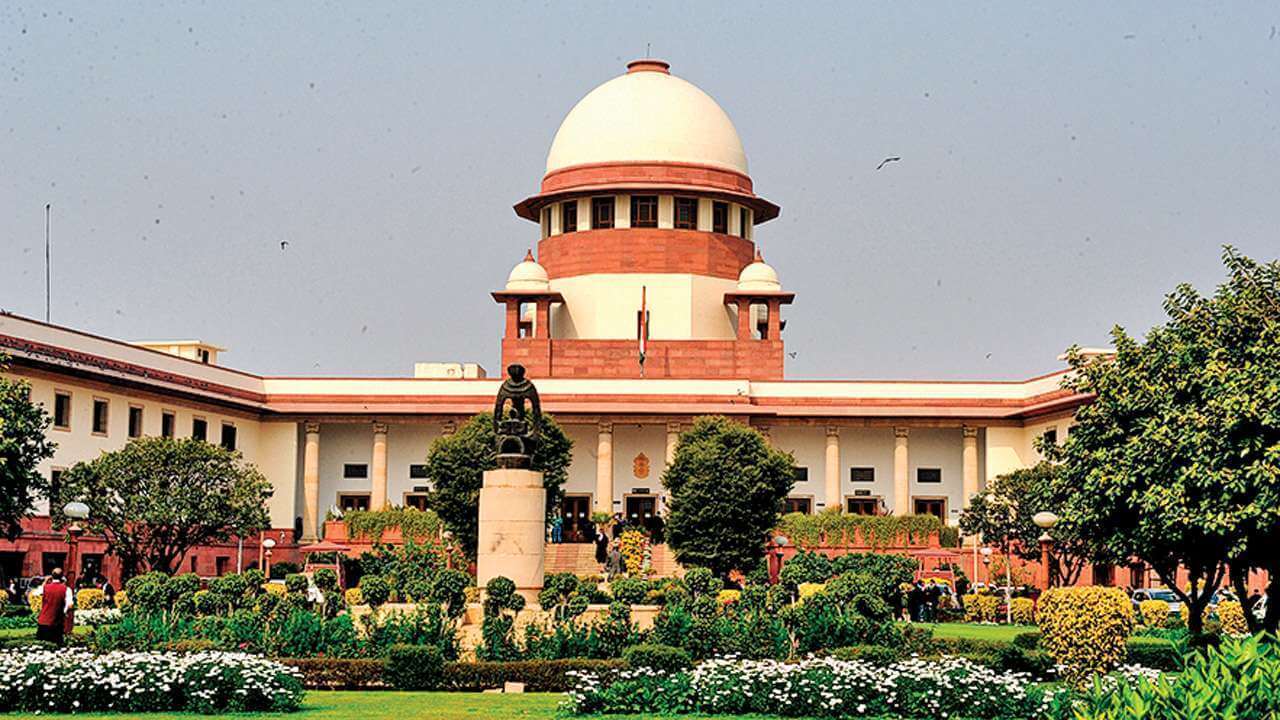


The Supreme Court has advised High Courts about the appropriate amendments that are supposed to be made to the criminal practice or trial rules relating to crucial statements recorded under Section 164 of the Criminal Procedure Code (CrPC) in rape matters.
A bench of Chief Justice of India Uday Umesh Lalit and Justice Bela M Trivedi’s suggestions came after a contempt petition was filed by the mother of two young children who have been the sexual abuse victim by their own father and his friends.
“We see force in the submissions made by Agarwal, learned counsel. We suggest to every High Court that the appropriate modifications/amendments be made to the Criminal Practice/Trial Rules incorporating provisions consistent with the directions issued by this Court in the decisions in Shivanna alias Tarkari Shivanna and A vs. State of Uttar Pradesh and Another,” the apex court said.
As per the judgement passed in Shivanna alias Tarkari Shivanna and in Ms. A matter, the court has held that the statement of the victim recorded under section 164 of CrPC is supreme and cannot be compromised in any manner. As per the petitioner, the top court had issued guidelines related to the crucial 164 CrPC statement wherein it was directed that the contents of such statements under Section 164 CrPC should not be disclosed to any person till the chargesheet/ report under Section 173 CrPC is filed.
The petition was filed against Telangana Police for granting access to the crucial recorded under Section 164 CrPC to the rape accused in spite of the chargesheet not being filed in the matter. Advocate Tanya Agarwal, who is the arguing counsel for the petition said that in contrast to the law laid by the apex court, the recorded statements of the victim by the concerned magistrate under Section 164 CrPC was extensively relied upon by the accused in various proceedings.
Advocate Agarwal said, “Investigating Agency allowed access to such statement recorded under Section 164 of the Code, showing complete defiance in following the law laid down by this Court.”